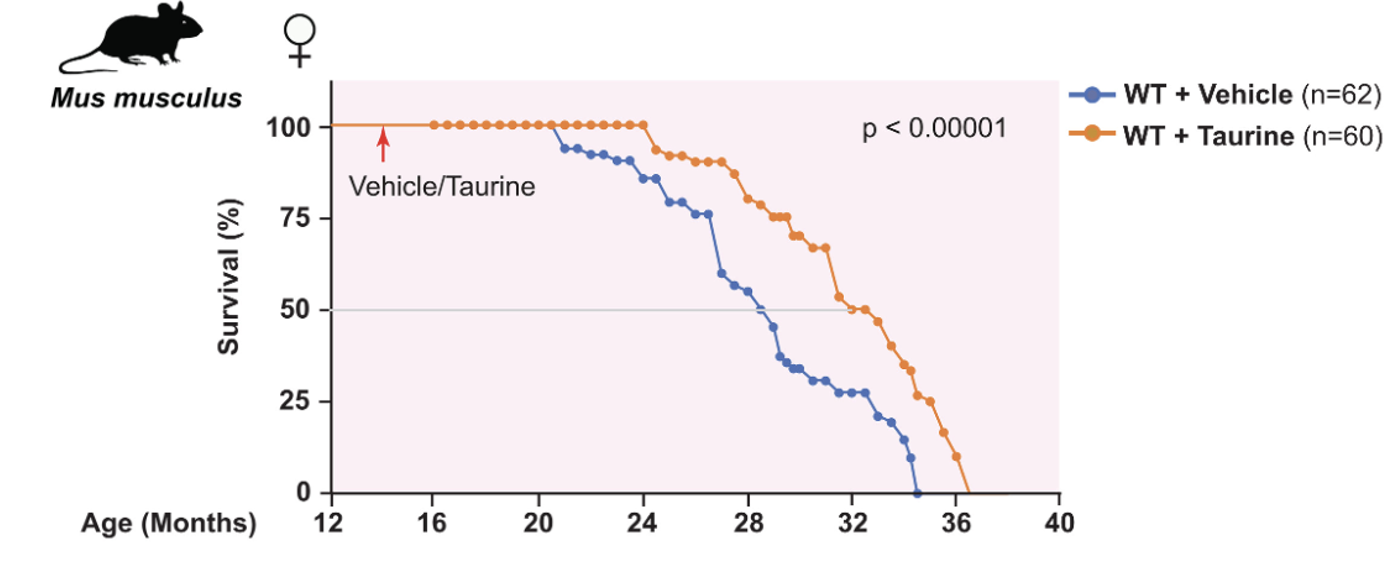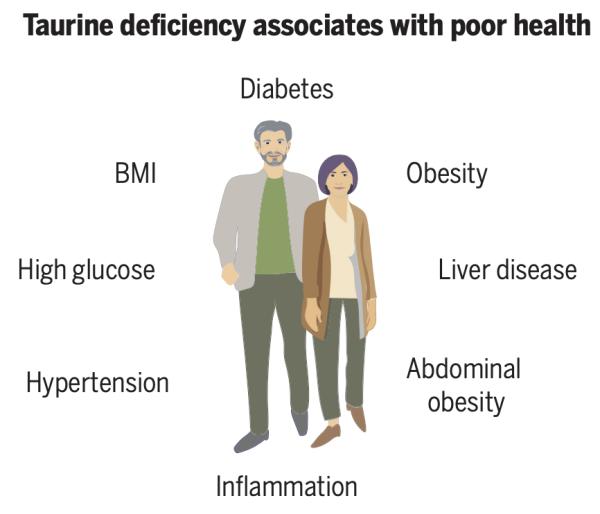Anyone who has had the sick, masochistic obsession pleasure of reading my stuff over the years knows quite well that I am not a fan of dietary supplements. So much so that in 2015 New York Attorney General Eric T. Schneiderman quoted three physicians and me in a press release about the agreement the state reached with supplements giant GNC forcing the company to clean up its act.
“When it comes to consumer health, we expect companies to reach a high safety bar. Without tests and safeguards, including those that rule out dangerous allergens, these supplements pose unacceptable risks to New York families. I urge all herbal supplements manufacturers and retailers to join GNC in working with my office to increase transparency and put the safety of their customers first.”
New York Attorney General Eric T. Schneiderman, Press Release, 2015
Since then, ACSH has had the good fortune to be joined by the awesome Dr. Henry Miller (and his Bedlington terrier, Cracker). Miller and I are like-minded regarding the absurdity of supplement regulations, something which should be clear from the 2019 op-ed we co-authored together, as well as his more recent article.

Dr. Henry Miller and Cracker. Or the other way around.
But an article on one supplement, taurine, recently caught my attention because (and let's not get ahead of ourselves) there were some interesting tidbits.
What is taurine?
Jeez. The Internet gets this wrong right and left. Some examples:
- "Taurine is an amino acid that has a few important roles in your body" (Healthline)
- "Taurine is an essential amino acid for babies" (University of Rochester)
- "Taurine, [is] an amino acid often used by bodybuilders" (CNN)
- "Taurine is an abundant amino acid in the brain" (NIH - Ouch!)
Why is this wrong? For starters, the term "amino acid" is typically used to denote one of the 20 building blocks of proteins (Figure 1, Left, Center). But if you're chemically liberal you can expand this definition by including any molecule, naturally occurring or not, that contains both an amino group and a carboxylic acid, (Figure 1, Right).

Figure 1. (Left) The generic structure for all 20 amino acids that form proteins. They differ only by the pink "R" groups - 20 of them. (Center) Two of the 20 proteogenic (used to make proteins) amino acids. The yellow arrows indicate the alpha-carbon (same location as R in the figure on the left). (Right) Two non-proteogenic (but biologically important) amino acids.
Why Taurine is not an amino acid
Taurine doesn't fit the generic structure because it is an aminosulfonic acid, where sulfur (in the sulfonic acid oxidation state) replaces carbon. But even if you could magically convert taurine (Figure 2, Left) into its carbon analog beta-alanine (Center), it still would not technically be an amino acid in the strictest sense of the word because that term is typically reserved for proteogenic amino acids; beta-alanine isn't one. So, in reality, calling taurine an amino acid is actually two errors in one small molecule.

Figure 2. (L) Alanine is one of the 20 proteogenic amino acids All 20 differ by the substituent on the alpha-carbon. (C) beta-alanine, an isomer of alanine, is a non-proteogenic amino acid. (R) Taurine, an aminosulfonic acid, is neither, although it contains both an amino group and an acidic group.
Is taurine a useful supplement?
Within the past few weeks, taurine has been in the news as a potential anti-aging chemical, stemming from a recent article in Science.

The lead author, Vijay K. Yadav, assistant professor of genetics & development at Columbia University Vagelos College of Physicians and Surgeons is joined by 53 (!) co-authors in a long and highly complex paper. Below are some of the highlights.
- Taurine, one of the most abundant "amino acids" in the blood, decreases with age in mice, monkeys, and humans.
- Taurine levels are associated with health
- In humans, taurine levels are associated with aging-related diseases
- But it is not known whether taurine affects aging.
- The authors addressed this by supplementation of taurine in mice.
A smattering of results
- Taurine supplementation in mice increased their lifespan by about 10-25%, depending on how it was measured.
- This effect was seen in both male and female mice.
- Supplementation decreased markers of aging, including cell deterioration, telomerase deficiency, mitochondrial dysfunction, DNA damage, inflammation...more.
Below is only one example of many experiments that the group conducted. The red line represents mice fed taurine, and the blue line mice were not. The difference in lifespan is real and significant. It's about three months, which is an about eight percent difference in mice that were already middle-aged. Assuming that mouse experiments precisely mimic what happens in humans (just about never) this would result in an increase of about five years to our lives. That's a lot. Would they be healthy years? If the increased lifespan was a result of improved metabolic functions and real anti-aging properties I don't see why not.

Lifespan assay of middle-aged (14-month-old) WT (1) female and male mice fed orally fed taurine (1000 mg per kg body weight per day) at 10:00 am until the end of life. Source: Science, 9 Jun 2023, Vol 380, Issue 6649 DOI: 10.1126/science.abn9257
Should I run out and buy taurine?
If you live long enough to read the entire paper, you probably don't need it. But the authors build a convincing case that taurine supplementation might be helpful in treating a variety of conditions: Slower aging, reduced body fat, increased bone strength, coordination, decreased inflammation, and improved mental health.
When I see a concoction of unrelated maladies treated by a supplement, I'm automatically skeptical; it's a red flag for quackery. But I'm not so sure here. The evidence (and there's plenty of it) is convincing and backed by multiple experiments that seem to be run with precision. The toxicity of taurine is low, but too much can cause side effects, some serious.
The authors recommend controlled clinical trials in humans, so I may wait a while to see the results. Assuming I live long enough.
NOTES:
(1) Wild-type (WT) mice have not been genetically engineered to exaggerate certain traits.




